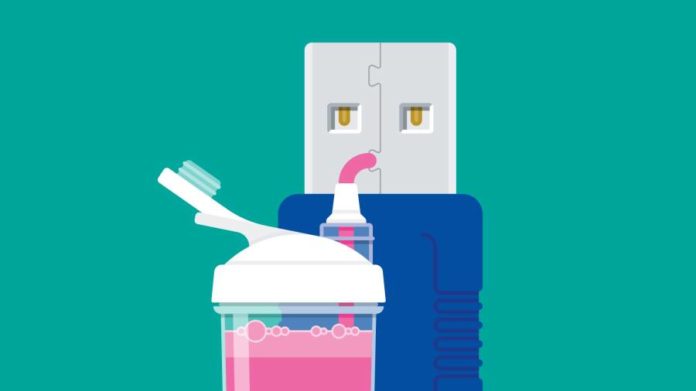If lab-grown meat, eggs made of mung beans and crickets ground into powder sound appetising to you, then you are going to love the next 20 years. If not, well, you have some time to come around.
Food-tech start-ups in Los Angeles, Miami and San Francisco are trying to capitalise on the popularity of meal-replacement liquids like Soylent and meatless burgers, such as those from Impossible Foods.
All promise healthy, vegetarian, sustainable nutrition. The potential prize is enormous. Fitch estimates that the global meat industry, which accounts for about one-third of the calories people consume, is worth more than $1.3tn.
Disrupting meat means finding a suitable plant-based protein. Some startups are using algae, which is plentiful but doesn’t taste very nice. Prime Roots is making “bacon” and “chicken” using a fungus called koji. Insect protein bars are already on sale. Pea protein is also popular, made of yellow peas rather than the green, mushy kind. Experimentation should be applauded because, of the more than 400,000 plants on Earth, up to 30,000 are edible, but only about 200 are staples of the human diet.
The real hurdle is convincing consumers to change their eating habits. I drank some pea milk in a vegan Los Angeles café and can confirm that it is an acquired taste. But algae and peas are surely less off-putting than slaughterhouses and factory farming.
Larissa Zimberoff, author of Technically Food: Inside Silicon Valley’s Mission to Change What We Eat, points out that turning something not regularly consumed into a packaged food is not new. Quorn, made of the fungus mycelium, has been around for decades. Look too at the success of plant-based “mylks”, now sold in Starbucks and Pret A Manger.
But the contemporary obsession with alternative food can be traced back to 2014, the year in which engineer Rob Rhinehart launched the meal-replacement powder Soylent in Los Angeles. That same year, Huel and Mana created their own nutritional powders in the UK and Europe.
Soylent started out as a crowdfunding project before the Silicon Valley venture capital firm Andreessen Horowitz and Google Ventures jumped in. The pitch was liquid fuel for tech workers too busy to sit down for lunch. For a few dollars, each serving provides about 400 calories and the recommended allowance of fat and fibre along with 26 vitamins and minerals. When I joined the FT’s San Francisco office, the bottle of Soylent in the fridge seemed as much a marker of proximity to the tech industry as the virtual reality headsets stacked up on the desks.
Novelty has frequently been accompanied by scorn. Multiple magazines have asked writers to “survive” on a diet of nutritional powders. Tech blog The Verge called Soylent “nutritional sludge”. It has been compared to SlimFast, the weightloss shakes of the 1990s.
The name is admittedly weird. Soylent, a portmanteau of soybeans and lentils, is the name of the futuristic food in a 1960s sci-fi novel. In the film adaptation Soylent Green, this substance was made from people. (Huel, which stands for human fuel, doesn’t sound much better.) Yet the scepticism and dystopian connotations have not done the company much harm. Soylent quickly became so popular it had a 10-week waiting list. And bottles now sit on the shelves of Walgreens and CVS alongside Gatorade and Dr Pepper. In the UK, Huel is planning to go public.
When the FT interviewed Soylent founder Rhinehart in 2016, he said that he was not trying to eliminate eating for pleasure. What he wanted was to replace the mindless dinners of junk food or the evenings when people skip meals altogether, too tired to cook. Under its new boss Demir Vangelov, Soylent is leaning more heavily into this idea. It now promotes itself as a nutritional drink, not as a way to cut out food. More like a protein shake than a meal.
Still, highly processed foods are not for everyone. For those not keen on eating mould or cultured meats, start-up SquarEat has a solution. The Florida-based company is raising funds to sell chunky squares of mashed up chicken, sweet potato and other food, vacuum packed and delivered to your door. The future of food may be crickets or cubes.
Elaine Moore is the FT’s deputy Lex editor
Credit: Source link













